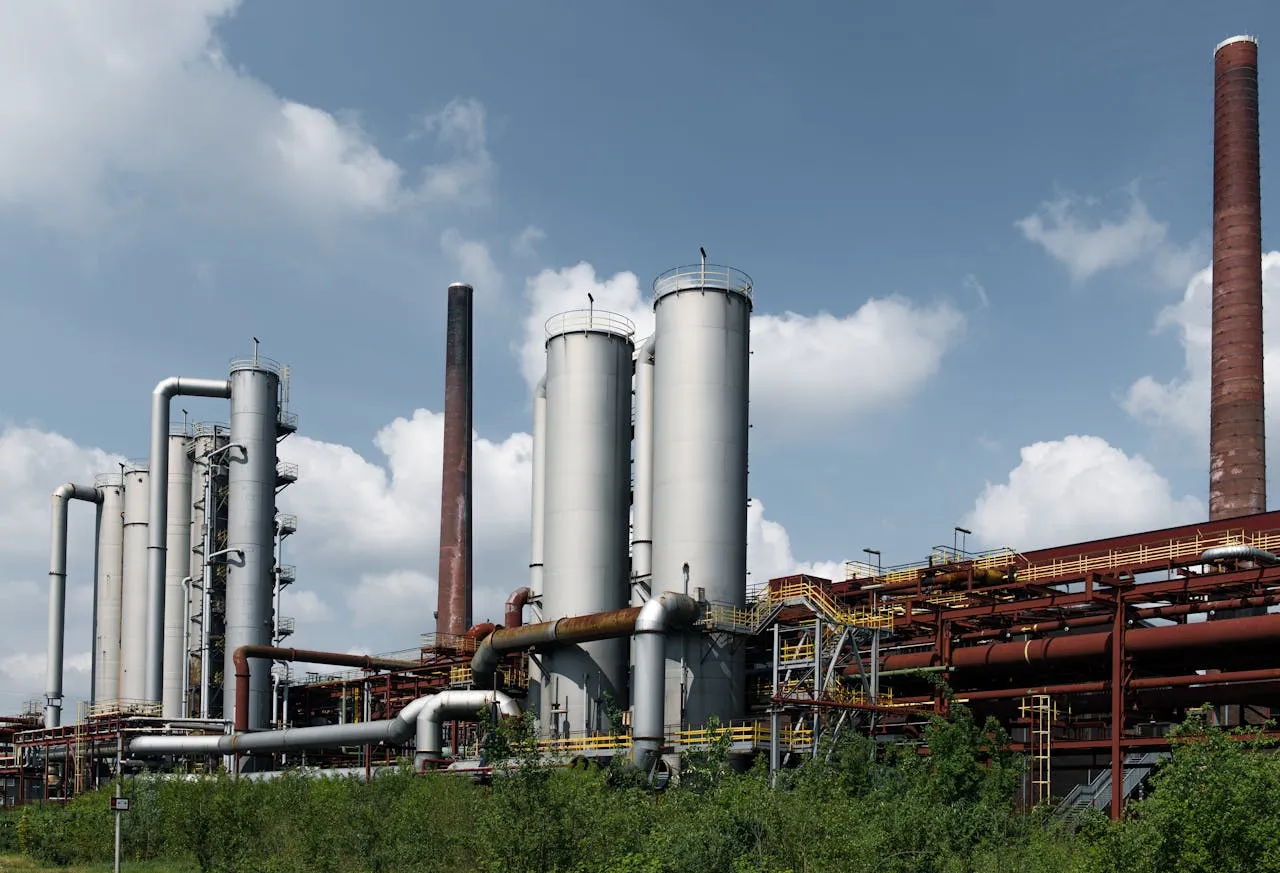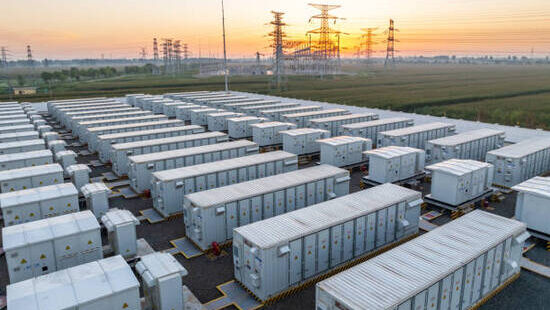
Cardinal Midstream Expands Delaware Basin Operations with Major Infrastructure Growth
Cardinal Midstream Partners (“Cardinal”), an independent, Dallas-based midstream energy company, has announced a significant expansion of its footprint in the Delaware Basin—one of the United States’ most prolific oil and gas regions. The company completed 36 miles of new, large-diameter, high- and low-pressure natural gas gathering pipelines in Eddy County, New Mexico, and Loving County, Texas. This milestone strengthens Cardinal’s position as a leading infrastructure provider in the basin and underscores its long-term commitment to meeting the region’s rapidly growing natural gas production needs.
With the addition of these new pipelines, Cardinal now owns and operates nearly 150 miles of natural gas gathering and transportation infrastructure in the heart of the Delaware Basin. The expansion not only enhances connectivity across key production zones but also improves system reliability, operating efficiency, and access to downstream processing and market outlets for producers.
In conjunction with this pipeline development, Cardinal also unveiled plans for a major expansion of its Pecos River Processing Complex located in Loving County, Texas. The new development will add an impressive 220 million cubic feet per day (MMcf/d) of natural gas processing capacity, bringing the facility’s total capacity to 360 MMcf/d upon completion. Construction is already underway, and the expansion is scheduled to be operational by early 2026. Importantly, the design includes flexibility for further capacity growth, allowing Cardinal to scale operations in alignment with the basin’s long-term production trajectory.
Doug Dormer, Chief Executive Officer of Cardinal Midstream Partners, emphasized the strategic importance of this growth initiative, stating:
“The Delaware Basin continues to see unprecedented growth with production expected to increase for years to come. These significant expansion projects provide high-quality energy infrastructure that ensures reliable midstream services for our customers’ future development.”
Dormer’s remarks reflect a broader industry trend: the continued surge of oil and gas development in the Delaware Basin, which forms part of the larger Permian Basin stretching across West Texas and southeastern New Mexico. As producers ramp up drilling and completion activities, the need for robust midstream infrastructure—particularly gathering systems and processing plants—has become increasingly urgent.
Cardinal’s new pipeline infrastructure will serve as a critical conduit for moving raw natural gas from wellheads to processing facilities. These pipelines are engineered with large diameters and a mix of high- and low-pressure lines to optimize flow efficiency and accommodate diverse production volumes. The design also provides flexibility for future tie-ins and expansions, ensuring long-term adaptability as customer demand evolves.
The Pecos River Processing Complex expansion represents a cornerstone of Cardinal’s broader strategy to establish a fully integrated, high-performance midstream network across the Delaware Basin. Once completed, the enhanced complex will provide advanced cryogenic gas processing capabilities, maximizing natural gas liquids (NGL) recovery and improving overall efficiency. The plant’s location in Loving County—a central hub of activity in the basin—gives Cardinal a logistical advantage for serving producers in both Texas and New Mexico.
In addition to expanding physical infrastructure, Cardinal is also focusing on operational excellence and environmental stewardship. The company’s processing facilities are designed to achieve high reliability while incorporating technologies that reduce emissions and energy consumption. By modernizing compression systems, optimizing gas recovery rates, and leveraging automation and monitoring tools, Cardinal aims to deliver sustainable midstream solutions that align with the industry’s evolving ESG (Environmental, Social, and Governance) priorities.
This latest announcement builds on a series of strategic initiatives following Cardinal’s 2023 acquisition of Medallion Midstream’s Delaware Basin natural gas and processing business. That acquisition provided Cardinal with an established asset base and customer portfolio across key production zones. Since then, the company has rapidly executed multiple pipeline and compressor station expansions, adding new interconnections and enhancing system redundancy. These projects have collectively strengthened Cardinal’s ability to offer reliable gathering, processing, and delivery services to both existing and new customers.
Cardinal’s leadership team has positioned the company as a responsive, customer-centric midstream provider. By maintaining close partnerships with upstream producers, the company ensures that its infrastructure growth aligns with drilling activity, enabling efficient field development and minimizing production bottlenecks. The result is a system that can accommodate both current throughput needs and the basin’s projected long-term growth.
The Delaware Basin, known for its prolific hydrocarbon reserves and robust development activity, continues to attract substantial investment across the oil and gas value chain. Analysts expect natural gas production in the basin to grow significantly over the next decade, driven by high-return drilling opportunities and increased demand for natural gas liquids and LNG exports. Midstream companies like Cardinal are playing an essential role in enabling this growth by providing the critical infrastructure that connects upstream production to downstream markets.
The completion of Cardinal’s new pipelines and the planned Pecos River expansion mark another milestone in the company’s evolution. Together, these projects will not only boost capacity and reliability but also position Cardinal to support ongoing production growth in the Delaware Basin well into the future.
As the energy landscape evolves, Cardinal’s integrated approach—combining infrastructure investment, operational excellence, and environmental responsibility—demonstrates a clear commitment to sustainable growth and long-term value creation. With a strengthened network, enhanced processing capacity, and a focus on customer collaboration, the company is set to remain a key player in shaping the future of natural gas infrastructure across one of North America’s most vital energy regions.







